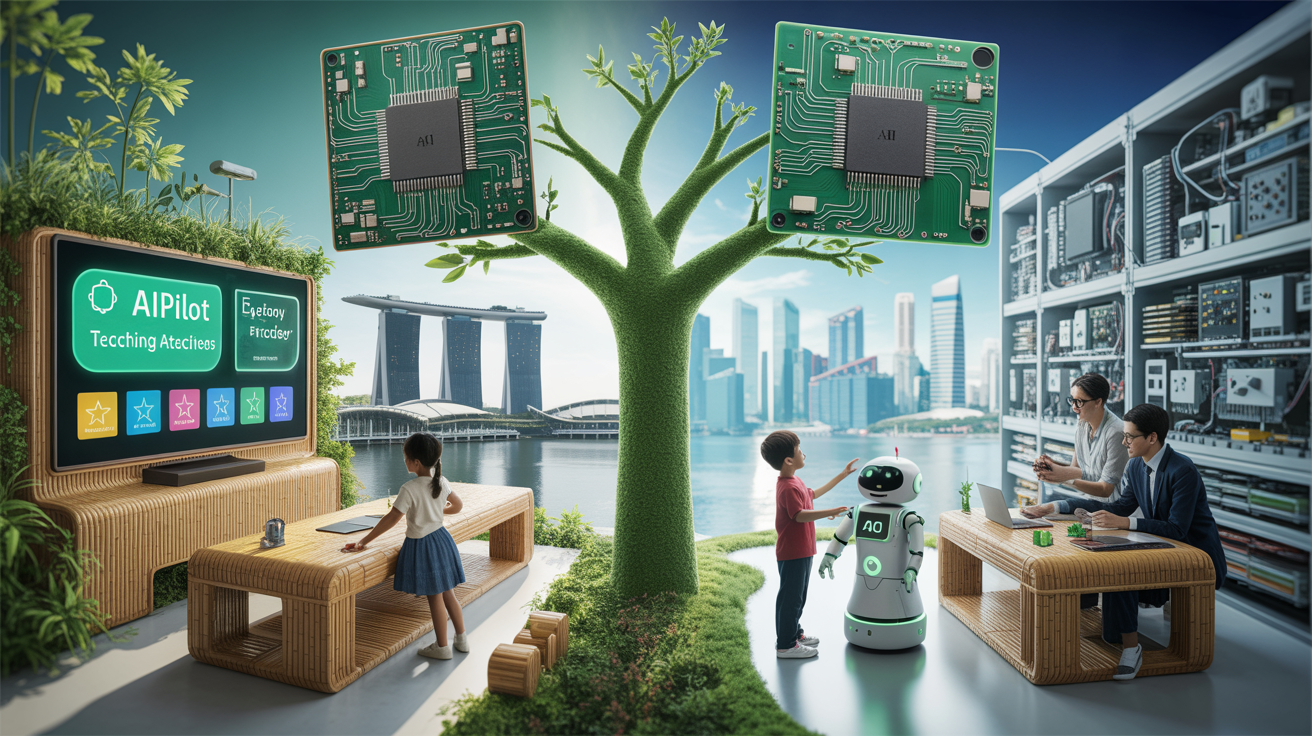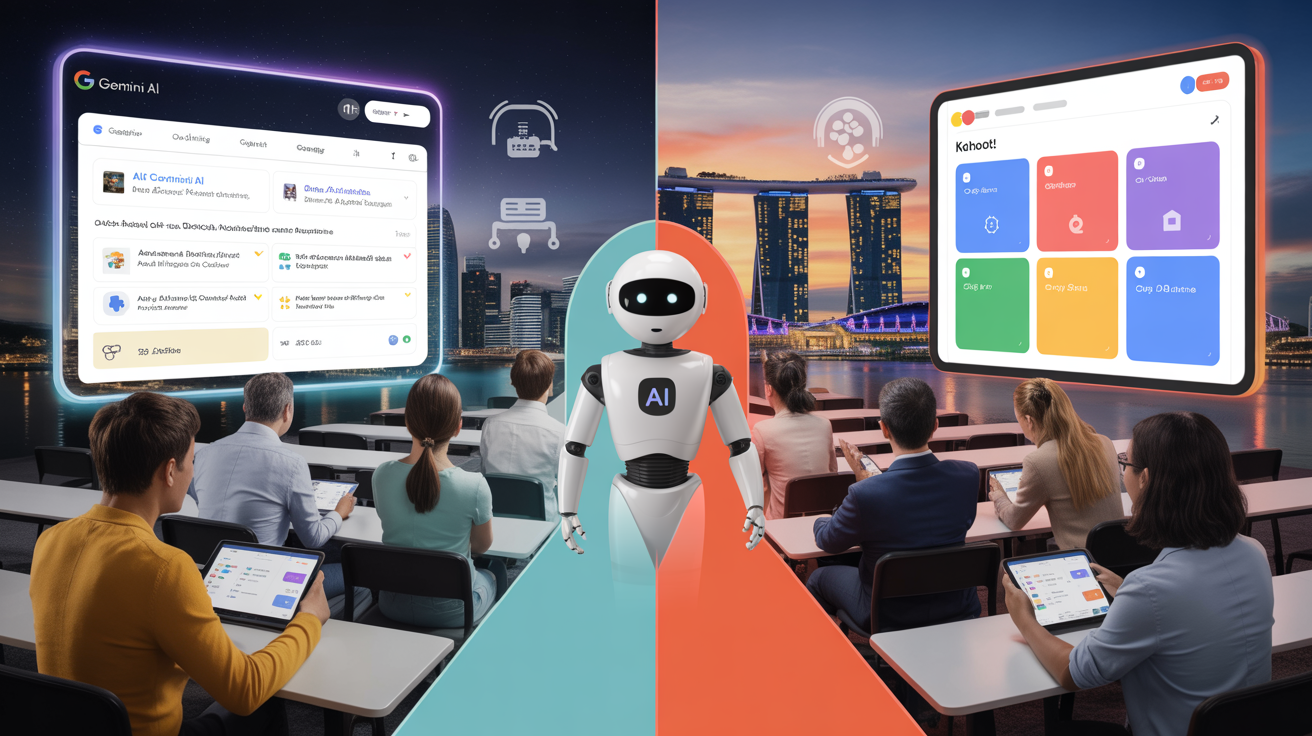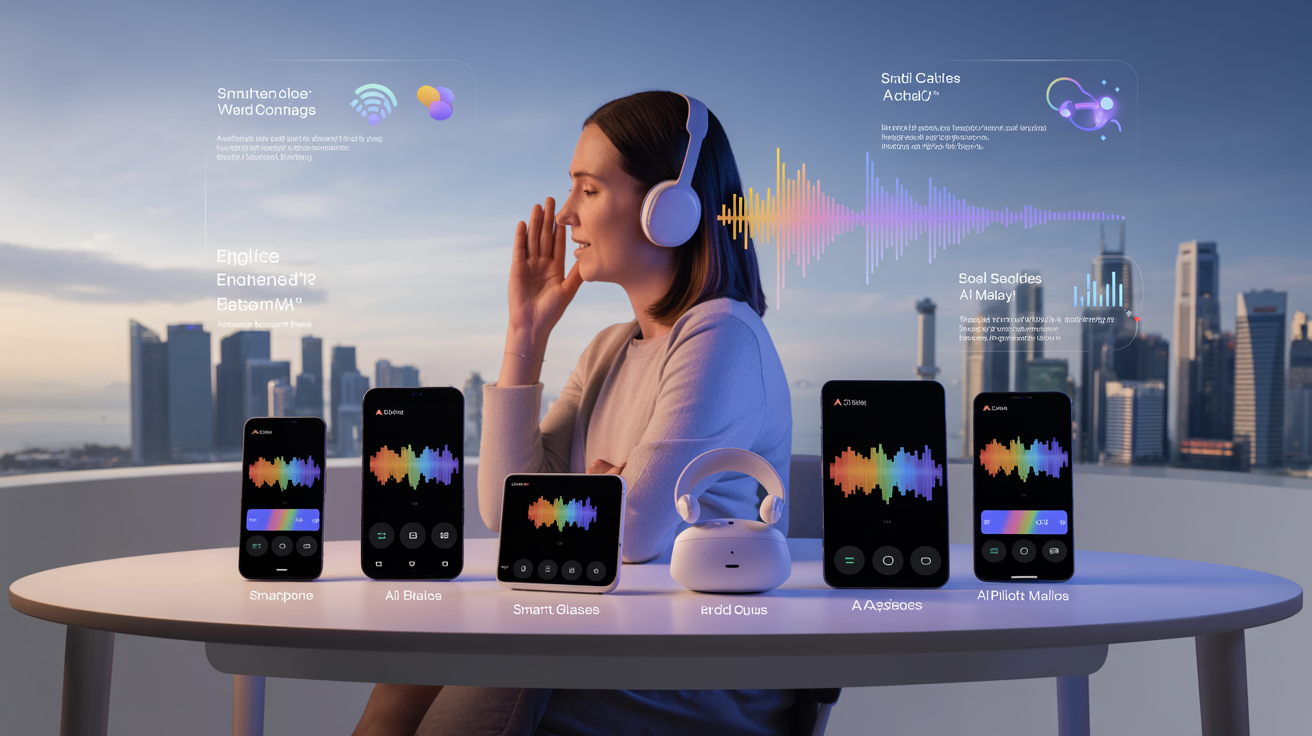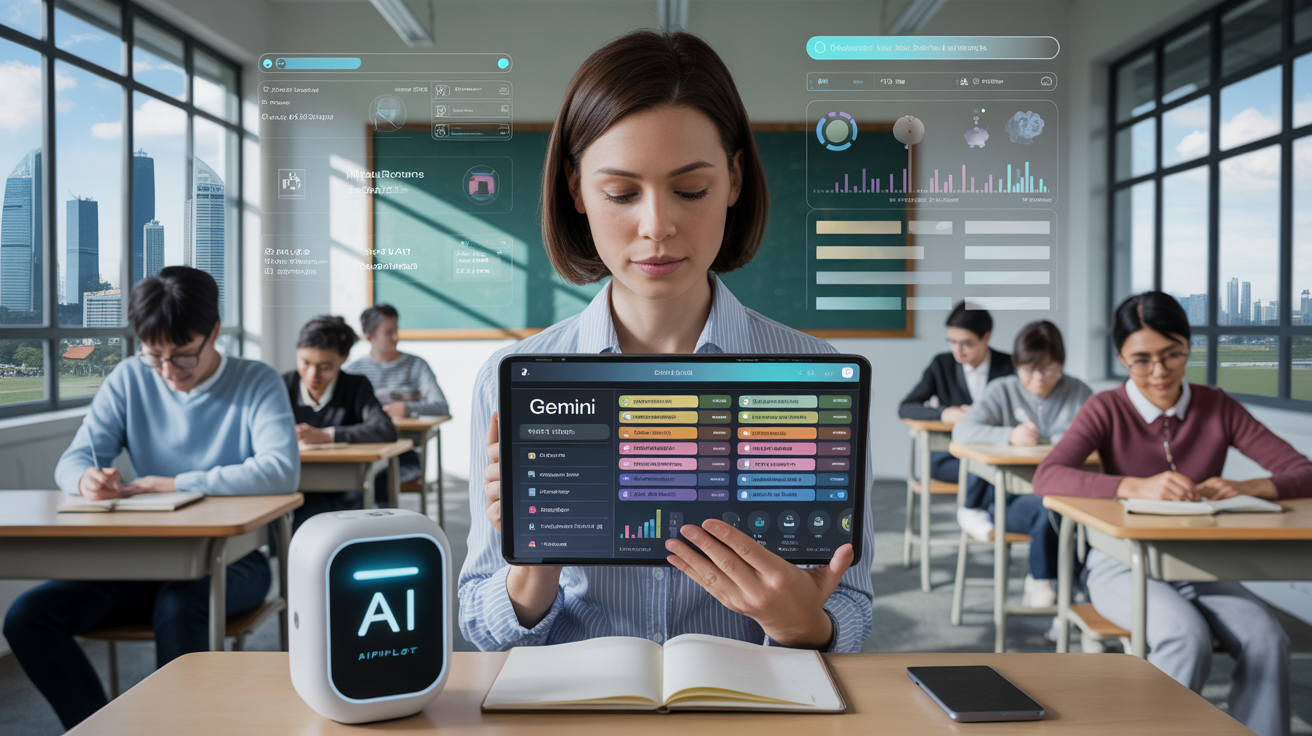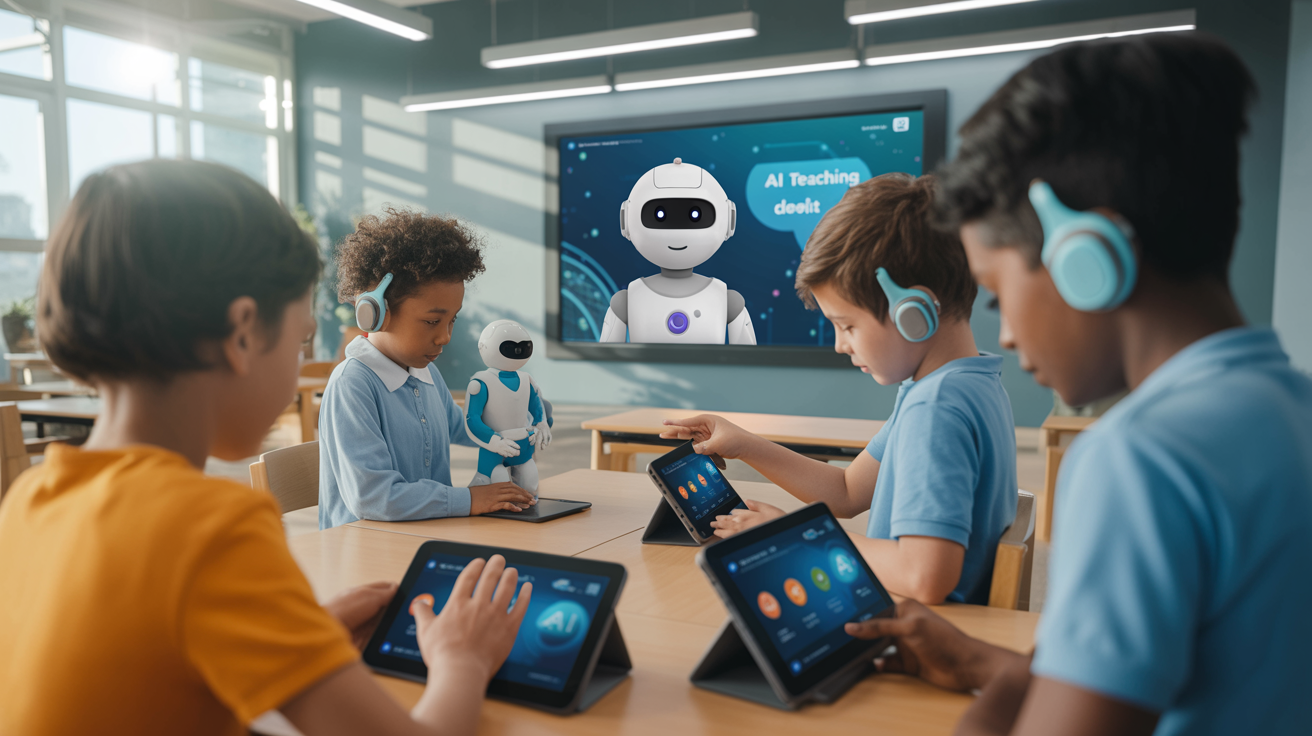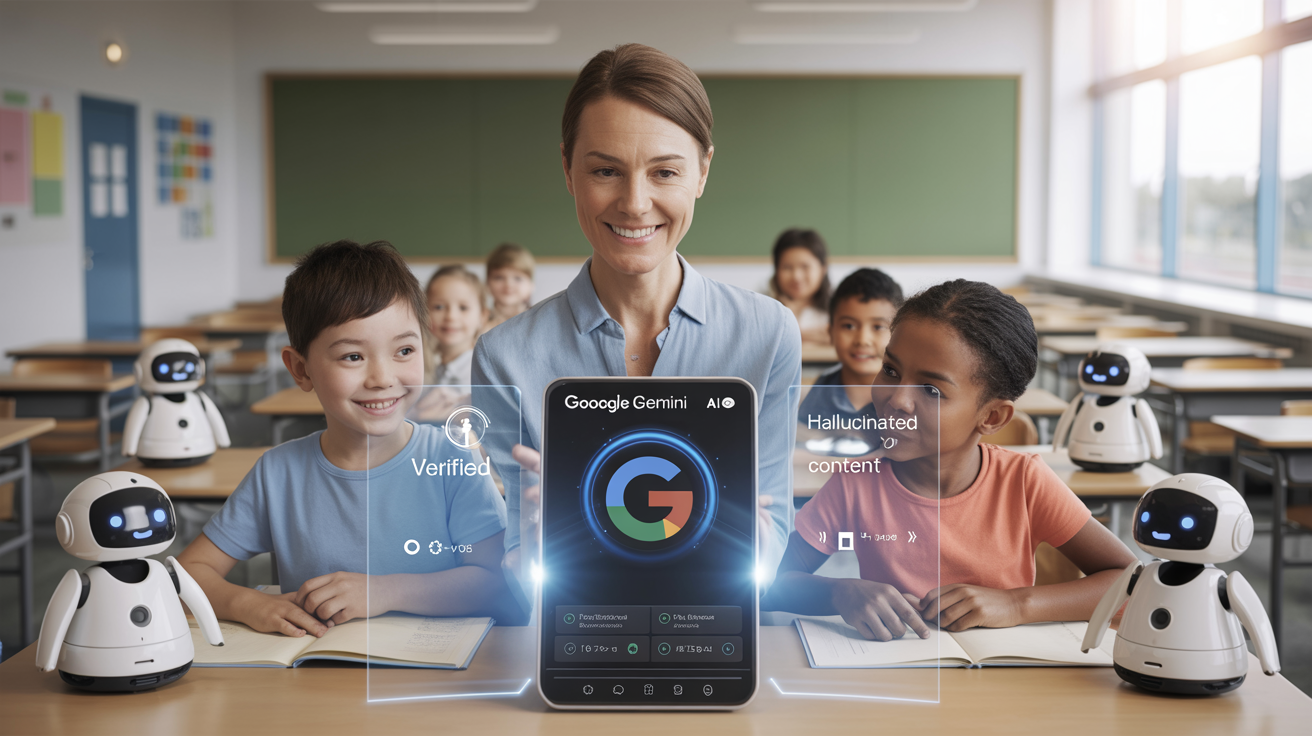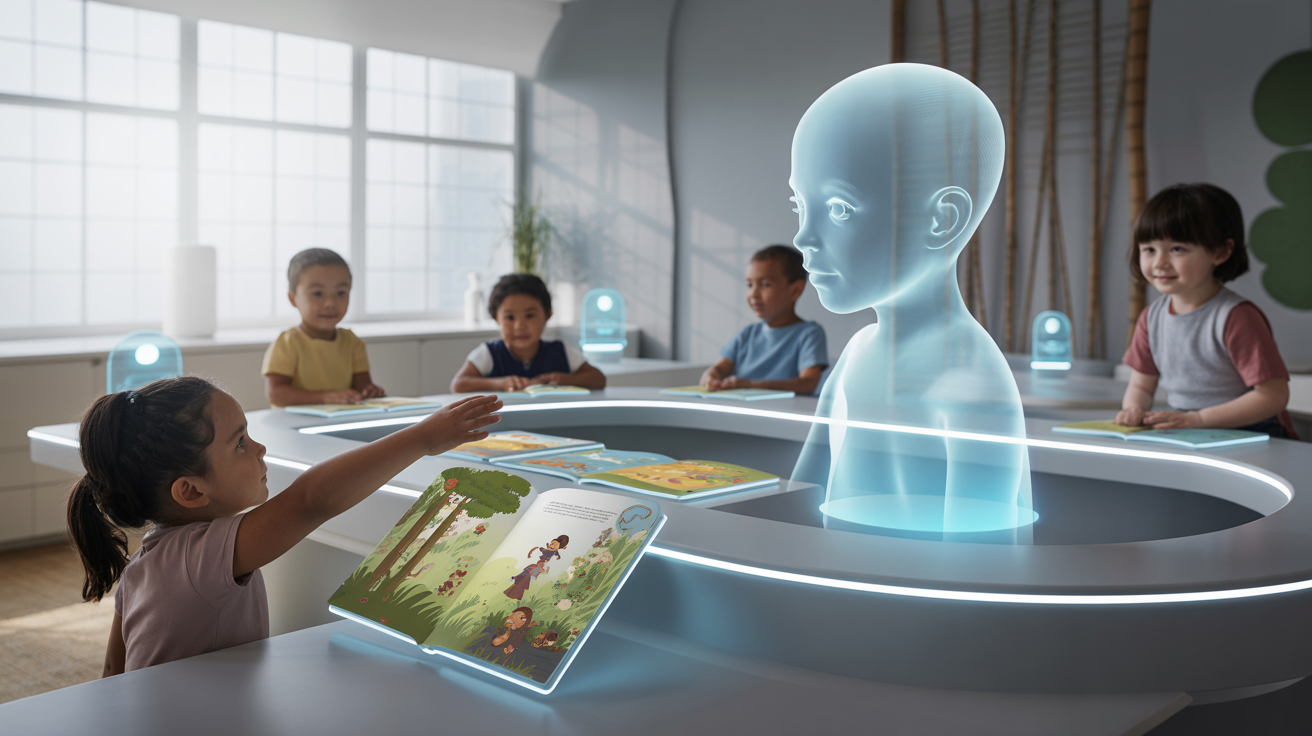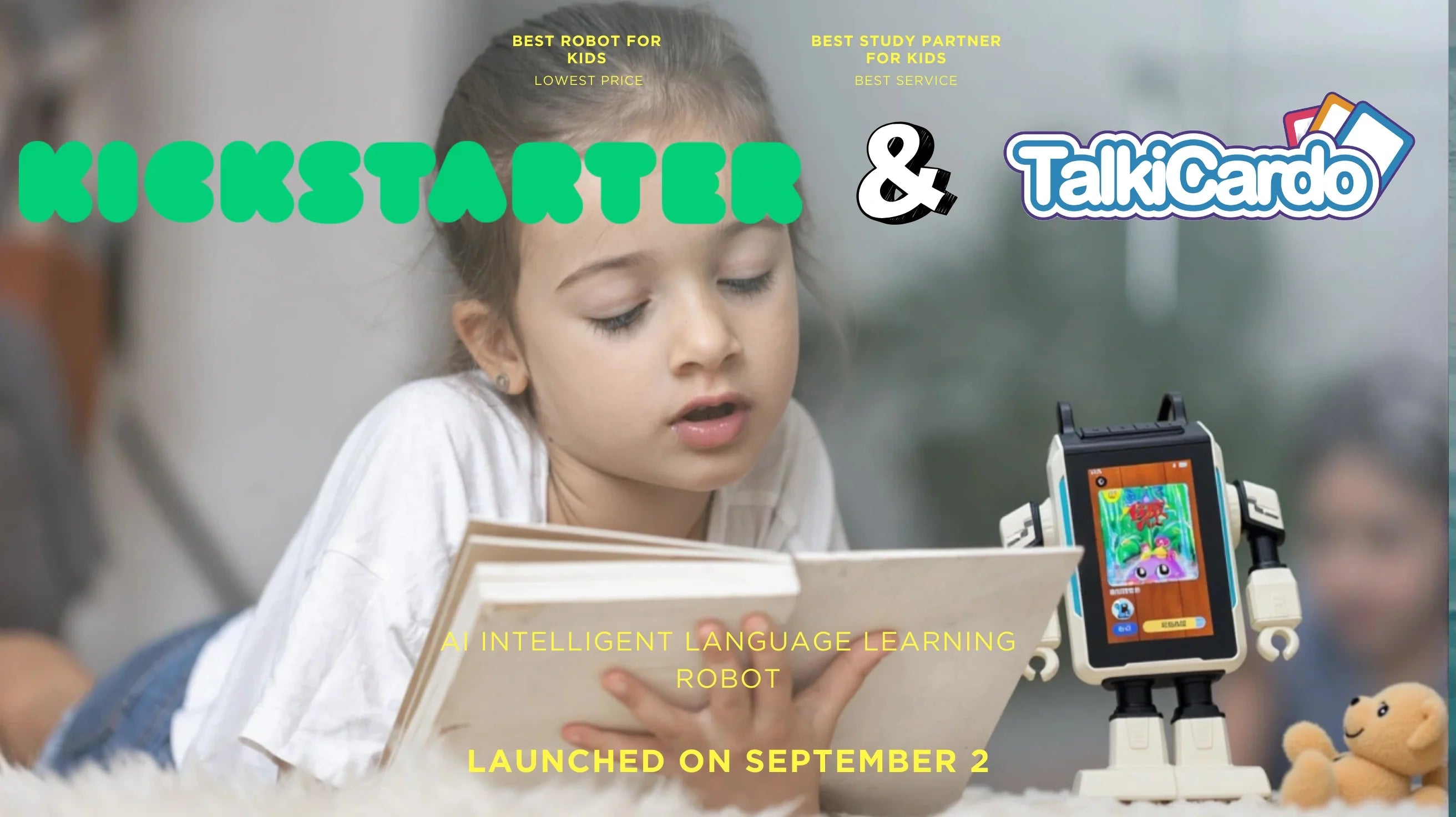
Parents' Survey Results: Top 5 Benefits of AI Robots at Home
Posted by Aipilot on
Table Of Contents
- Introduction
- Survey Methodology: Understanding Parents' Perspectives
- Benefit 1: Personalized Learning Experiences
- Benefit 2: Enhanced Language Development
- Benefit 3: Emotional Support and Companionship
- Benefit 4: Improved Technological Literacy
- Benefit 5: Quality Family Time and Parent-Child Bonding
- Implementing AI Robots in Your Home: Parents' Tips
- Conclusion
Parents' Survey Results: Top 5 Benefits of AI Robots at Home
The future has arrived in family homes around Singapore and beyond, bringing with it intelligent companions that are transforming how children learn and grow. When we asked parents about their experiences with AI robots at home, we expected positive feedback, but the enthusiasm we encountered was truly remarkable. From busy professionals to stay-at-home parents, families are discovering that these smart companions offer far more than just entertainment value.
In our comprehensive survey of over 500 parents who have introduced AI robots into their households, five clear benefits emerged as game-changers for modern families. These intelligent assistants are not just toys or gadgets—they're becoming valued learning partners, language coaches, emotional supports, and even catalysts for family bonding.
Let's explore what parents are saying about these AI companions and why so many families consider them indispensable additions to their homes. Whether you're considering your first AI robot or looking to maximize the benefits of one you already have, these insights from real parents will help you understand the potential these intelligent tools hold for your family's educational journey.
Survey Methodology: Understanding Parents' Perspectives
Before diving into the specific benefits, it's important to understand how we gathered these insights. Our research team conducted an extensive survey involving 532 parents across Singapore who have had AI robots in their homes for at least three months. The participating families represented diverse backgrounds, income levels, and educational priorities.
The survey combined quantitative ratings with qualitative feedback, allowing parents to share both numerical assessments and personal stories about their experiences. We specifically asked about changes they noticed in their children's learning patterns, social behaviors, technological competence, and family dynamics after introducing AI robots into their homes.
Parents evaluated benefits on a scale of 1-10 and provided detailed examples of how these AI companions impacted daily life. We then analyzed this data to identify the most significant and consistently reported advantages, which we've organized into the top five benefits presented below.
Benefit 1: Personalized Learning Experiences
The most frequently cited benefit, mentioned by 89% of surveyed parents, was the ability of AI robots to provide truly personalized learning experiences. Unlike traditional educational tools that follow a one-size-fits-all approach, AI companions adapt to each child's unique learning pace, preferences, and interests.
Mrs. Chen, mother of two primary school children, explained: "What impressed me most was how our AI robot adjusted its teaching style to match my children's different learning approaches. My daughter is visual and thrives with colorful graphics, while my son prefers story-based learning. The robot recognized these differences within weeks and began tailoring activities accordingly."
Parents particularly valued the adaptive learning algorithms that identify knowledge gaps and automatically adjust difficulty levels. Nearly 76% of respondents noted that their children showed improvement in challenging subject areas after working with AI robots that could detect struggles and provide additional practice in those specific areas.
The survey revealed that children using AI robots spent an average of 40% more time engaged in educational activities compared to traditional learning methods. Parents attributed this increased engagement to the robots' ability to present material in formats that resonated with their children's individual learning styles.
Benefit 2: Enhanced Language Development
Language acquisition emerged as the second most significant benefit, with 83% of parents reporting noticeable improvements in their children's vocabulary, pronunciation, and conversational confidence. This finding was particularly pronounced in multilingual households, where AI robots helped children practice different languages in a judgment-free environment.
"My daughter was always shy about speaking English outside our Mandarin-speaking home," shared Mr. Tan, father of a 7-year-old. "After three months of daily conversations with her AI companion, her English fluency improved dramatically. Her teacher even called to ask what we were doing differently at home!"
The TalkiCardo Smart AI Chat Cards were specifically mentioned by several parents as an effective tool for language development. These interactive cards create structured yet playful communication opportunities that build vocabulary and conversation skills while keeping children engaged.
Parents also appreciated how AI robots could model proper pronunciation and grammar, providing gentle corrections without the embarrassment some children feel when corrected by adults or peers. This non-judgmental feedback loop created safe spaces for language experimentation and practice.
Multilingual Advantages
For families raising bilingual or multilingual children, AI robots offered consistent exposure to multiple languages. The ability to switch between languages while maintaining the same learning context proved invaluable for reinforcing connections between concepts across different linguistic systems.
Survey results showed that children in multilingual households using AI robots demonstrated 32% faster vocabulary acquisition across their languages compared to traditional language learning methods alone. Parents particularly valued the consistent pronunciation models that AI companions provided, especially for languages not spoken fluently by all family members.
Benefit 3: Emotional Support and Companionship
Perhaps the most surprising benefit—cited by 78% of parents—was the emotional support and companionship that AI robots provided. Far from creating isolation, these intelligent companions often helped children develop emotional intelligence and communication skills.
"My son struggles with anxiety, especially around school performance," noted Ms. Lim, mother of a 9-year-old. "His AI robot has become a confidant. He practices presenting to it before class presentations and discusses worries he's sometimes reluctant to share with us. We've seen his confidence grow tremendously."
The survey revealed that 65% of parents observed their children sharing feelings and thoughts with their AI companions that they might not express to parents or teachers. This emotional outlet seemed particularly valuable for children who tend toward introversion or those navigating social challenges.
Parents also reported that AI robots helped children develop emotional vocabulary and recognition skills. Through interactive storytelling and scenario-based conversations, children practiced identifying emotions and appropriate responses—skills that transferred to their human relationships.
AIPILOT's approach to designing AI companions with emotional intelligence capabilities was frequently highlighted in parent feedback. The ability of these robots to recognize signs of frustration during learning activities and respond with encouragement or a change of pace prevented many learning roadblocks that might otherwise have discouraged children.
Benefit 4: Improved Technological Literacy
In today's digital world, technological literacy is increasingly essential. Seventy-two percent of surveyed parents valued how AI robots introduced complex technological concepts in age-appropriate ways that prepared children for future educational and career landscapes.
Dr. Wong, father of three, commented: "My children are not just passively consuming technology—they're understanding how it works. Our AI robot has introduced basic coding concepts through games and activities that don't feel like traditional learning. They're developing computational thinking skills almost effortlessly."
Parents observed that interaction with AI robots normalized technological learning and reduced the intimidation factor often associated with STEM subjects. Girls, in particular, showed increased interest in technology-related activities after bonding with their AI companions—a finding that 68% of parents with daughters specifically mentioned.
The survey indicated that children who regularly engaged with AI robots demonstrated greater comfort with new technologies across the board. They approached unfamiliar digital tools with curiosity rather than hesitation and showed enhanced problem-solving skills when navigating technological challenges.
Beyond Screen Time
Importantly, parents distinguished AI robot interaction from passive screen time. Nearly 80% of respondents felt that AI robots provided a more balanced technological experience that combined digital interaction with physical engagement, voice communication, and real-world application of concepts.
"It's technology that gets my kids moving, thinking, and speaking—not just staring at a screen," explained one parent. "The physical presence of the robot creates a different kind of engagement that seems much healthier than traditional digital activities."
Benefit 5: Quality Family Time and Parent-Child Bonding
The fifth major benefit—mentioned by 70% of parents—challenges the common concern that technology might isolate family members. Contrary to this worry, many parents reported that AI robots actually catalyzed meaningful family interactions and created new opportunities for parent-child bonding.
"Our AI robot has become a family learning partner," shared Mrs. Teo, mother of two primary schoolers. "We often gather around while the children show us what they've learned, turning it into a family discussion. Some of our most interesting conversations have started with something the robot introduced."
Parents valued how AI robots provided structured activities that family members could engage in together, creating shared experiences around learning. Sixty-three percent reported participating in educational games or challenges initiated by the AI companion, while 58% regularly joined their children in language practice sessions.
The survey revealed that AI robots often relieved parents of certain educational pressures—particularly in areas where parents felt less confident in their own knowledge—without removing them from the learning process. Instead, parents could focus on encouragement and reinforcement while the AI robot handled technical instruction.
Additionally, 54% of parents mentioned that the presence of an AI robot reduced conflicts around learning and homework time. With the robot providing patient assistance and making educational activities more engaging, parents found themselves in fewer power struggles over study time and could focus more on positive reinforcement.
Implementing AI Robots in Your Home: Parents' Tips
Based on their experiences, parents who participated in our survey offered several recommendations for families considering introducing AI robots into their homes:
- Start with clear learning goals - Families who identified specific objectives for their AI companions reported greater satisfaction. Whether focusing on language development, homework assistance, or emotional support, having clear intentions guides more effective implementation.
- Establish healthy usage boundaries - The most positive outcomes came from homes where parents set clear guidelines about when and how the AI robot would be used, preventing overreliance while maximizing benefits.
- Participate in the learning journey - Parents who regularly asked children to demonstrate what they were learning with their AI companions not only reinforced those lessons but strengthened family bonds around education.
- Refresh content regularly - To maintain engagement, successful families regularly updated their AI robots' capabilities and content, exploring new features and learning modules as children mastered existing ones.
- Balance AI assistance with human interaction - The happiest families viewed AI robots as supplements to—not replacements for—human teaching and interaction, using them to enhance rather than substitute for family engagement in learning.
Parents also emphasized the importance of choosing AI companions that align with family values and educational priorities. The flexibility to customize content and interactions emerged as a key factor in long-term satisfaction with AI robots in the home environment.
Conclusion
Our survey reveals that AI robots are becoming valuable members of modern households, offering benefits that extend far beyond basic entertainment or novelty. From delivering truly personalized learning experiences to fostering emotional intelligence, enhancing language development, building technological literacy, and even strengthening family bonds, these intelligent companions are reshaping how children learn and grow at home.
What stands out most in parents' feedback is not just the educational advantages these AI robots provide, but the holistic support they offer to the entire family ecosystem. By adapting to individual learning styles, providing patient practice opportunities, and creating structured educational activities that family members can share, AI companions are helping parents navigate the complex landscape of modern education.
As AI technology continues to evolve, the potential for these intelligent learning partners will only expand. The experiences shared by parents in our survey suggest that we're just beginning to discover the positive impact that thoughtfully designed AI companions can have on children's development and family dynamics.
For families considering bringing an AI robot into their homes, the message from experienced parents is clear: When implemented mindfully with clear intentions and healthy boundaries, these technological companions can become valuable allies in the educational journey, creating learning experiences that are more personalized, engaging, and joyful for children and parents alike.
Visit AIPILOT today to discover how our AI companions can transform your child's learning experience with personalized education that adapts to their unique needs and interests. Join thousands of Singapore families already benefiting from the future of learning, available today.













